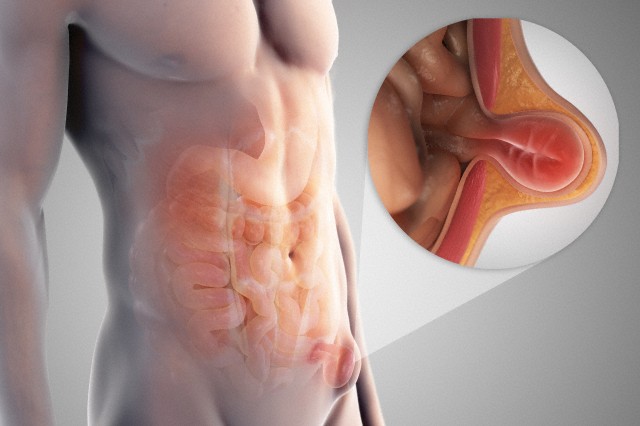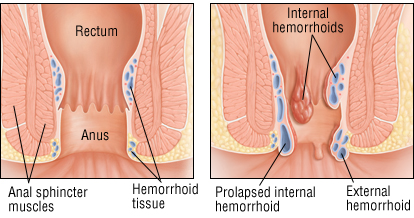PILES LASER SURGERY CENTER
DR. ATUL SHENDE
- 9 Years of experience as a lecturer at Vasantrao Naik Govt. Medical College, Yavatmal and Indira Gandhi Govt. Medical College Nagpur.
- 7 Years of experience as a general Surgeon and Piles & Fistula-in-ano Specialist at Tirupati Multispeciality Hospital, Waluj, Aurangabad.
- Worked as an assistant with well known national and International Fistula-in-ano Surgeon.
- Actively participated in various seminars, courses, and conferences of Piles and Fistula.
- He served 3 years at Proctology Clinic by doing treatment on Piles, Fissure and Fistula Patient.
- He serving from 9 years at Sai Krupa Hospital as general surgeon.
- He Treated Successfuly on Piles, Hernia and Fistula Patients from 16 Years.


Hernia: An Overview
A hernia does not get better over time, nor will it go away by itself. There are no exercises or physical therapy regimen or yoga that can make a hernia go away.


What are the causes of Hernia?
• Persistent coughing
• Being overweight or pregnant
• Lifting, carrying or pushing heavy loads
• Straining on the toilet
What are the symptoms?
Hernias are not usually painful, but many people feel an ache over a hernia, which worsens after doing any activity. In time, they might become bigger as the gap in their muscle or ligament tissue becomes larger. If the hernia doesn’t reduce, becomes red or painful, it has obstructed and is in danger of strangulation. It is an emergency and you should contact doctor immediately.
Piles (Haemorroids):
Most haemorrhoids are mild and sometimes don’t even cause symptoms. When there are symptoms, these usually include:
- Bleeding after passing a stool (the blood will be bright red)
- Itchy bottom
- A lump hanging down outside of the anus, which may need to be pushed back in after passing a stool


What causes piles?
• being overweight
• being over the age of 45
• pregnancy
• having a family history of haemorrhoids
Symptoms of piles (haemorrhoids)
Most cases of piles (haemorrhoids) are mild, and the symptoms often disappear on their own after a few days.
Some people may not even realise they have haemorrhoids, as they do not experience symptoms.
However, when symptoms do occur they may include:
• bleeding after passing a stool (the blood will be bright red)
• itchiness around your anus (the opening where stools leave the body)
• a lump hanging down outside of the anus, which may need to be pushed back in after passing a stool
• a mucus discharge after passing a stool
• soreness, redness and swelling around your anus
Haemorrhoids are not usually painful, unless their blood supply slows down or is interrupted.
Fissure:
An anal fissure is a tear or a small crack in the skin at lower end of the anus (back passage). The condition is also referred to as Fissure-in-ano. It is probably the result of pressure forced onto the wall of the anal canal either by passage of hard stool or straining with a loose stool.
What are the symptoms?
• Pain: The pain is severe on and following bowel action and it can last a few minutes to several hours. The pain is caused by spasm of the anal sphincter (the inner circle of muscle in the anal canal). Because of the pain, patients with this condition fear bowel movement and often try to avoid it. This leads to further constipation with harder stools, which in turn increases the pain.
• Bleeding: The tear may result in bleeding during bowel movement.
• Skin tag: Sometimes swelling can occur near or around the fissure. This can cause a skin tag to develop (a piece of skin which hangs from surrounding skin). This can have mucus discharge (oozing) which causes excoriation (rubbing of the area around) and itchiness.